Hanoi Living near a flower field and being exposed to a lot of pollen caused Ms. Linh, 31 years old, to have a relapse of her asthma that she had cured 16 years ago.
Ms. Ngoc Linh came to Tam Anh General Hospital in Hanoi for examination due to severe coughing, chest tightness, and difficulty breathing. The symptoms increased at night, causing her to lose sleep and feel tired.
She had a history of asthma as a child, which had gone away after puberty. On February 6, Master, Doctor Than Thi Ngoc Lan, Department of Respiratory Medicine, said that Linh had a relapse of asthma because her husband's family lived near a flower field and sold fresh flowers. "This is the main cause of allergic reactions, triggering latent asthma attacks in patients," said Doctor Lan.
Asthma is a chronic respiratory disease with no cure. Patients may have infrequent asthma attacks, with symptoms only occurring at certain times or when exposed to allergens.
In the North, it is spring, the time when plants pollinate and bloom, the air is mixed with pollen. In high humidity conditions, pollen and other allergens such as dust, cigarette smoke, mold are stagnant in the air, and when inhaled, the patient may experience irritation of the respiratory tract mucosa. At this time, the bronchial mucosa swells, becomes inflamed, the airways narrow, reducing the flow of air in and out of the lungs, causing the patient to have a runny nose, cough, chest tightness, and difficulty breathing.
The doctor prescribed inhaled asthma medication for Ms. Linh, advised her to take the medication in the correct dosage and at the correct time, and to take a break from work and keep the doors and windows closed at home to limit exposure to pollen. After a week of treatment, her cough and shortness of breath were reduced, and she slept well and soundly. To ensure her work and health, she moved.
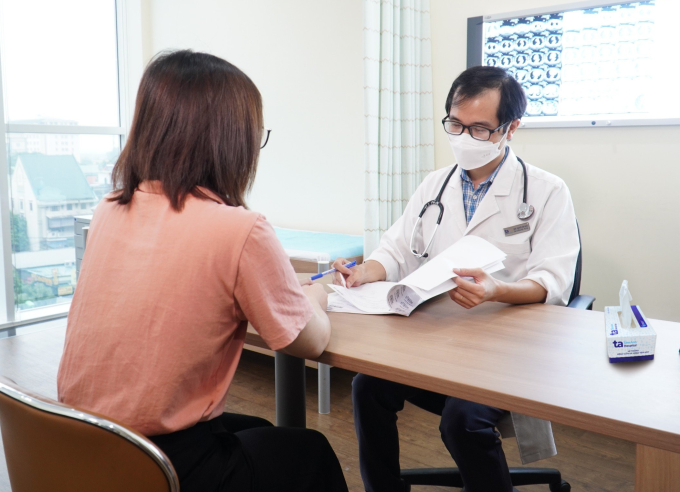
Doctors at Tam Anh General Hospital in Hanoi examined Ms. Linh after a week of treatment. Illustration photo: Provided by the hospital
Dr. Lan noted that pollen can trigger pre-humid respiratory diseases such as allergic rhinitis, asthma... even in people with no history of the disease. Symptoms often worsen with the season. In some cases, patients may be prescribed medication to prevent acute attacks and control symptoms.
Doctor Lan advises people with asthma, allergic rhinitis or a history of these diseases to have regular health check-ups, do not stop taking medication on your own as this can cause drug resistance, making the disease worse with dangerous complications. Clean the house, use an air purifier in the house to reduce allergens. Humidity in the house should only be maintained at about 30-60%. If the weather is humid, use a dehumidifier or turn on the dehumidification mode in the air conditioner.
When going out in the spring, you should avoid places with polluted air or lots of fresh flowers. If the weather is cold and humid, you should stay indoors. If you have to go out, cover your nose and mouth and keep your body warm to reduce the risk of asthma attacks.
Wearing a mask when going out not only helps reduce pollen and dust inhalation, but also prevents infection with many viruses that thrive in the spring, avoiding the onset of asthma attacks. Getting a flu vaccine every year and eating a healthy diet also help strengthen your immune system.
Trinh Mai
* Patient's name has been changed
| Readers send questions about respiratory diseases here for doctors to answer |
Source link






![[Photo] President Luong Cuong meets with Lao Prime Minister Sonexay Siphandone](https://vstatic.vietnam.vn/vietnam/resource/IMAGE/2025/4/25/3d70fe28a71c4031b03cd141cb1ed3b1)

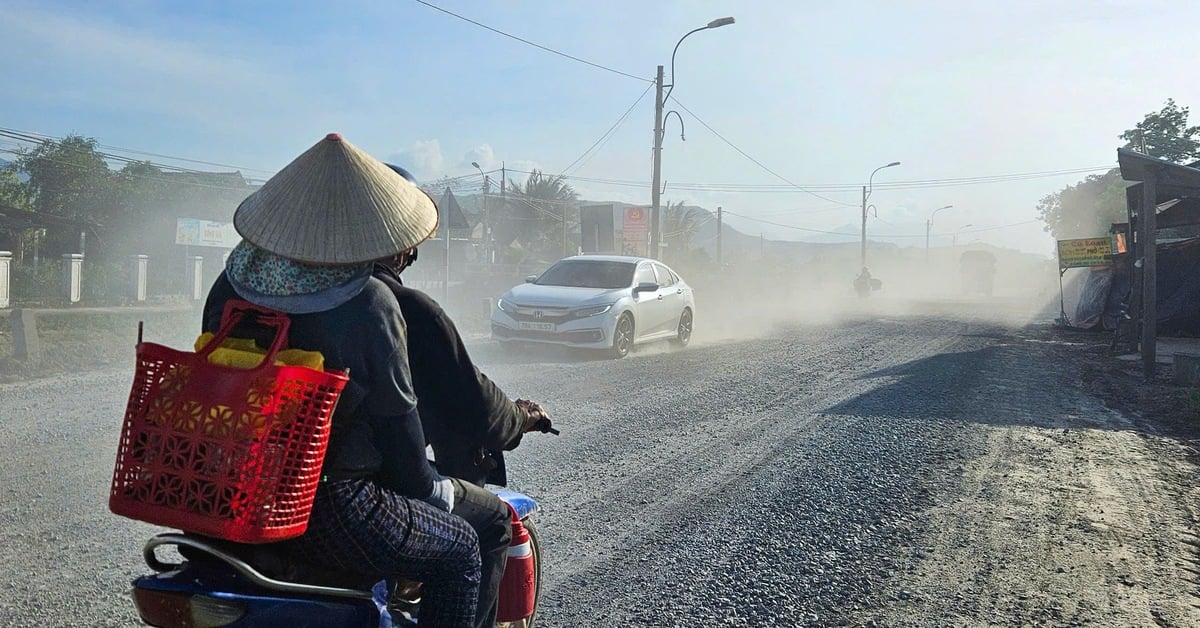



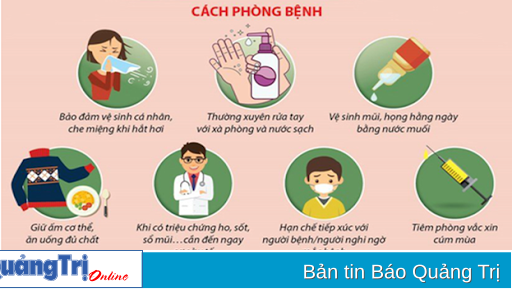






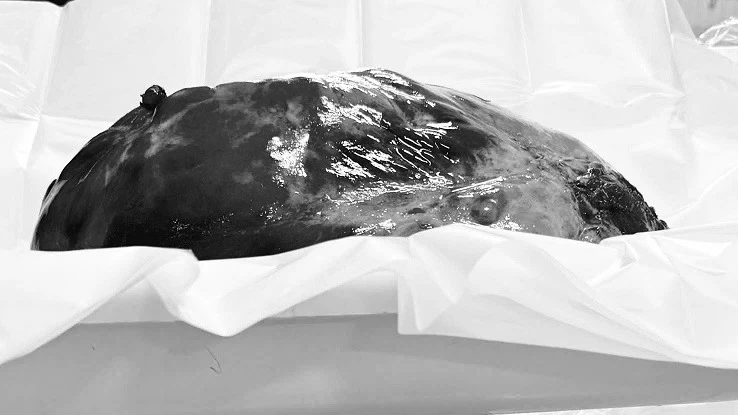
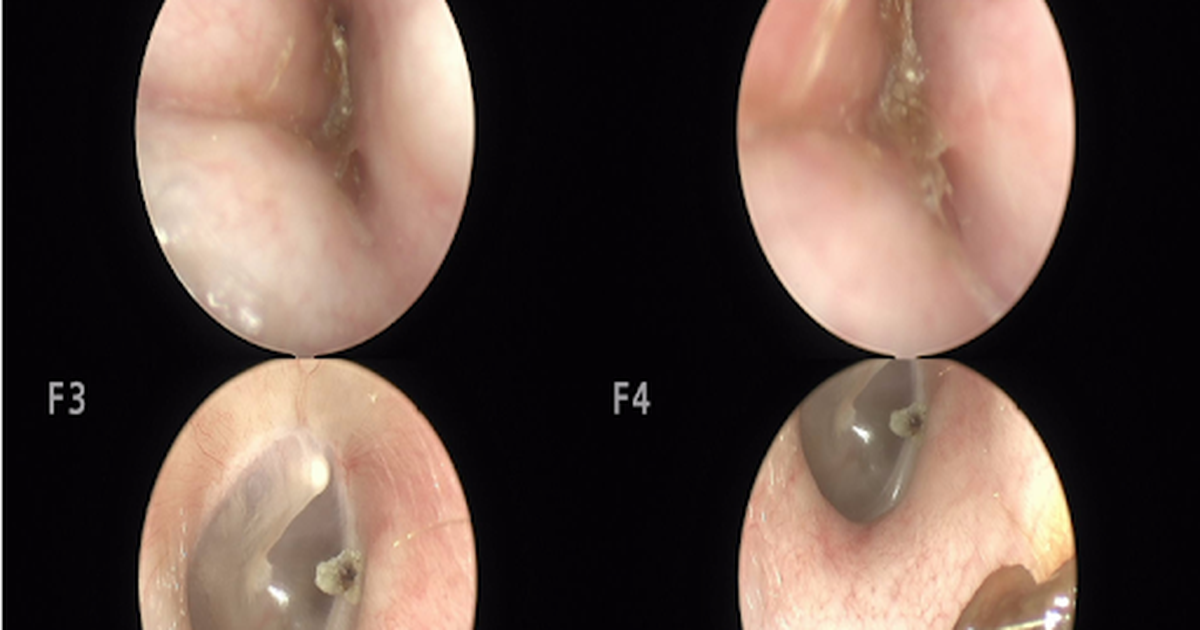











![[Photo] Ho Chi Minh City welcomes a sudden increase in tourists](https://vstatic.vietnam.vn/vietnam/resource/IMAGE/2025/4/25/dd8c289579e64fccb12c1a50b1f59971)

![[Photo] Liberation of Truong Sa archipelago - A strategic feat in liberating the South and unifying the country](https://vstatic.vietnam.vn/vietnam/resource/IMAGE/2025/4/25/d5d3f0607a6a4156807161f0f7f92362)









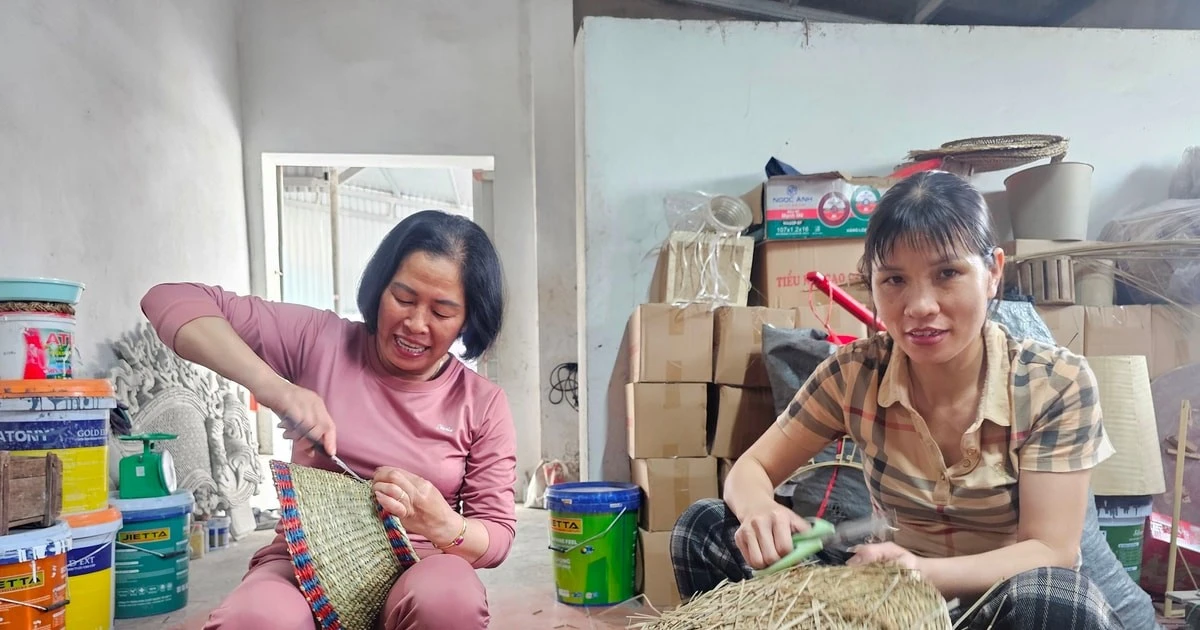






































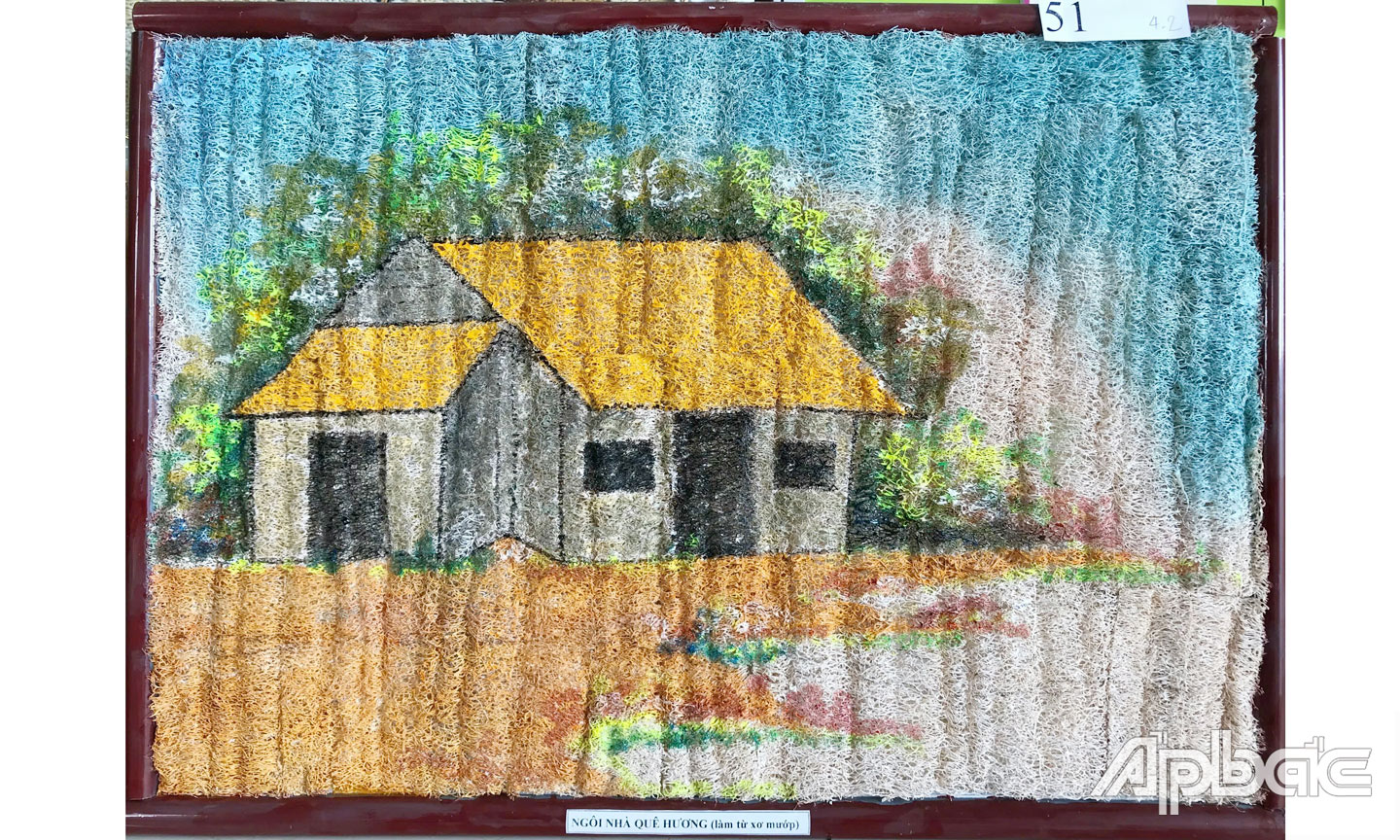













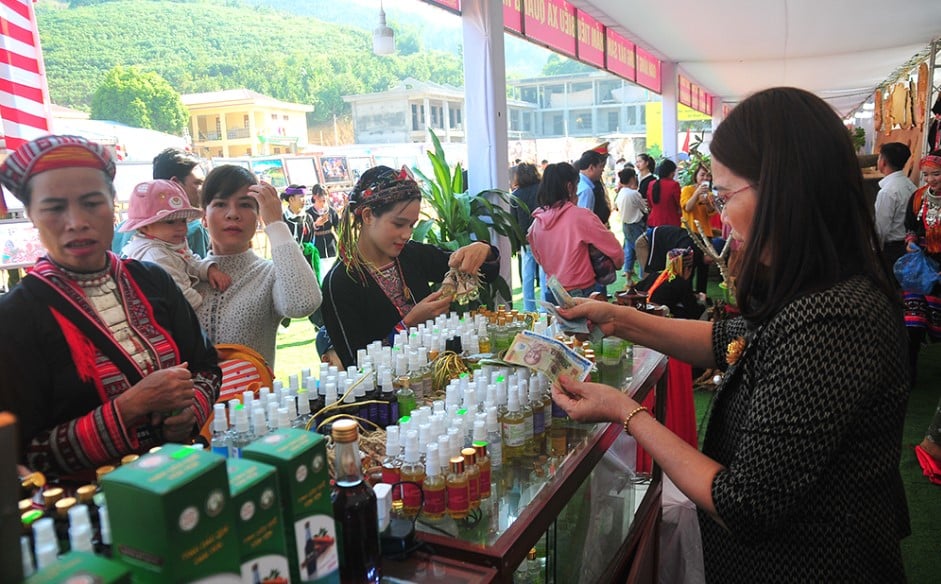
Comment (0)